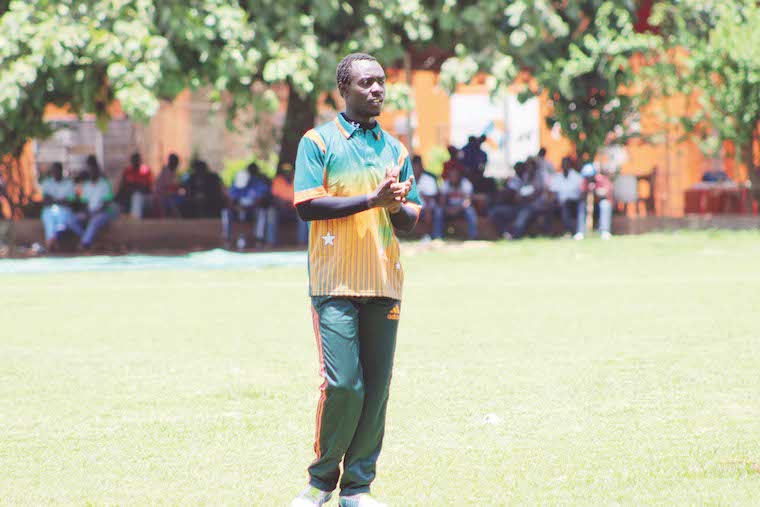Sports Survival During Covid-19 times

Ndejje University Lions football team spent Shs 5m on Covid-19 testing of its players and technical staff, to play in the Fufa Big League play-off at the Njeru Technical Centre.
Ndejje fell at the first hurdle, the semi-final stage, and will not play in the Uganda Premier League in the 2020/21 season. However, from their recent experience of having to observe all the standard operating procedures (SOPs), set as government pre-conditions for active sport to return, Ndejje know so well how encumbering this all is.
And maybe, the conditions may have to be reviewed and reconsidered. Raymond Komakech, the Ndejje coach, told The Observer, that a week before the play-offs, the university organized mandatory Covid-19 testing for 21 people on the team.
They were placed in quarantine for three days, before they travelled to Njeru. While in quarantine, they were not supposed to have any physical interaction with anyone in the outside world. And although that enabled them focus on their training, such camps, call them bubbles, come with their costs: feeding players and accommodating them.
The Uganda Cricket Association (UCA) bore the brunt of that recently. To hold the week-long Elite Cricket League last week, over Shs 15 million had to be injected in. But remember, no revenue was collected, since fans were not allowed in the games. Yet, all the 45 players in the three franchise teams, that competed, had to undergo Covid-19 tests, before they entered the bubble.
Therein, UCA had to hire service providers like caterers, transporters, physios and also give the players an allowance. Equally, Fufa also had to go the extra mile, to get the Big League, regional league, and Women’s football playoffs decided. But all these involved 480 people, including players, coaches, referees, Fufa administrative staff and media/TV crews.
Add the security personnel (who also had to be tested for Covid-19), and the list grew longer to at least 500 people.
TOUGH RESTRICTIONS
At least $32,500 or Shs 120 million has been spent by Fufa on testing. But also, more money has been spent on other service providers like caterers. Paying the media and TV crews, that ensure the matches are watched by fans online or on TV because stadiums and fields are closed to the public, has not been a mean feat.
Fufa’s Rogers Byamukama wondered: “Why is it that it is sports in this country, that is subjected to such stringent measures, yet it is clear, the industry is still in its infancy? Other businesses are operating without such restrictions, because I do not think all corporate companies or shops downtown are being ordered to test for Covid-19 before they open.”
For an industry that does not make profit yet, being subjected to such measures, just stifles it. In fact, it will be hard for active sport to return, say the UPL, scheduled to kick-off in December, because of such tough restrictions. Football clubs are even struggling to do pre-season training because of that; it is too expensive.
Worse still, government appears to have negated from its responsibilities in light of all this. While they set these measures, keeping their side of the bargain has not been done. The Federation of Uganda Basketball Association (Fuba) has not received a dime of their $120,000 (Shs 444 million) budget to government.
This is intended to enable the Silverbacks, the national basketball team, prepare for their Africa Basketball qualifiers in Egypt later this month. But Fuba subjected all the 12 players summoned for the training camp to the Covid-19 tests. That is at least Shs 3 million, including the support staff.



